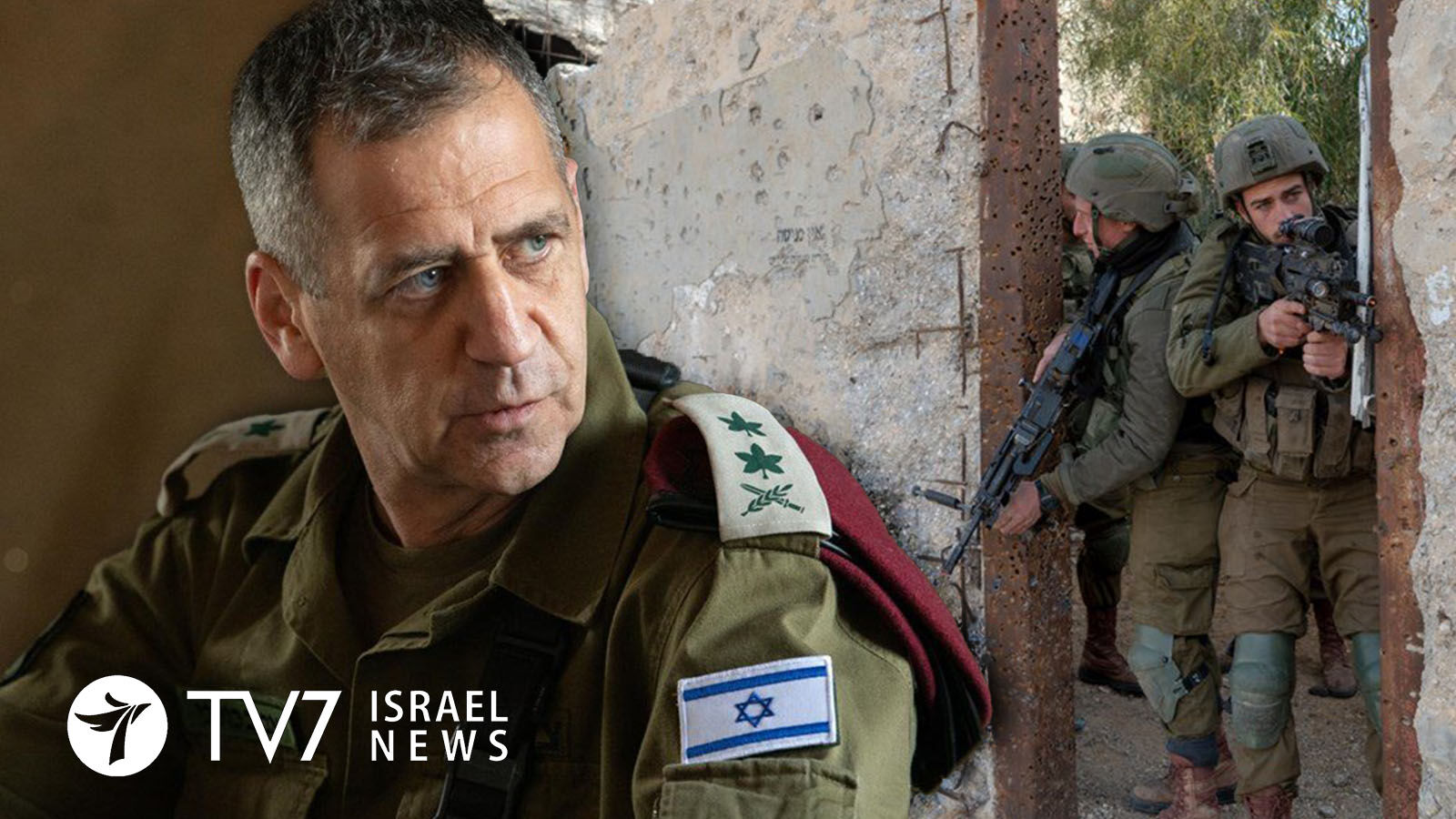The nationwide exercise was conducted simulated wartime scenarios over the past week to improve the military’s readiness for the next war.
– By Jonathan Hessen and Erin Viner
The training was led by the IDF Technology and Logistics Division in cooperation with the Land Forces, the Operations Division and Southern Command.
IDF Chief of Staff Lieutenant General Aviv Kochavi said he was “impressed by the achievements of the exercise, including the demonstration of capabilities and high competence in transporting forces and weapons, the division’s activities in the areas of deploying the logistics network and providing combat equipment.”
He further highlighted the “dedication of the troops” and emphasized that Israel’s Defense Forces will continue to prepare for a future war – at a time when its enemies are persistently lurking throughout the region with malicious intent directed at the Jewish State.
“There is no alternative to maneuvers. No alternative to drills and tests; therefore, it is not by accident that we are doing so excessively in all dimensions, all areas and issues,” Lt. Gen. Kochavi underscored.
The IDF is seemingly readying for all-out war with Iran, marked by an extensive number of recent military activity following the apparent void of such preparation since United Nations Security Council Resolution 2231 ratified the 2015 Joint Comprehensive Plan of Action (JCPOA) nuclear deal with the Islamic Republic.
Under Kochavi’s command, there has been a significant acceleration of both the Israeli military’s defensive and offensive capabilities geared at eradicating threats posed by Iran’s nuclear program and its regional proxies.
Senior IDF officials believe that while the JCPOA is fundamentally flawed, it also serves as a means to slow down Iranian nuclear advancement to effectively grant sufficient time for Israel to be fortified for an inevitable collision between the two countries.
In 2015 Iran agreed to the Joint Comprehensive Plan of Action (JCPOA) that had placed limitations on its uranium enrichment to prevent production of atomic bombs in exchange for the lifting of economic sanctions. Tehran began openly violating its atomic curbs after then-US President Donald Trump withdrew from the pact in 2018.
The Trump Administration and successive Israeli governments under current Prime Minister Naftali Bennett and former Premier Benjamin Netanyahu reject claims by the Islamic Republic that it is not developing nuclear weapons.
